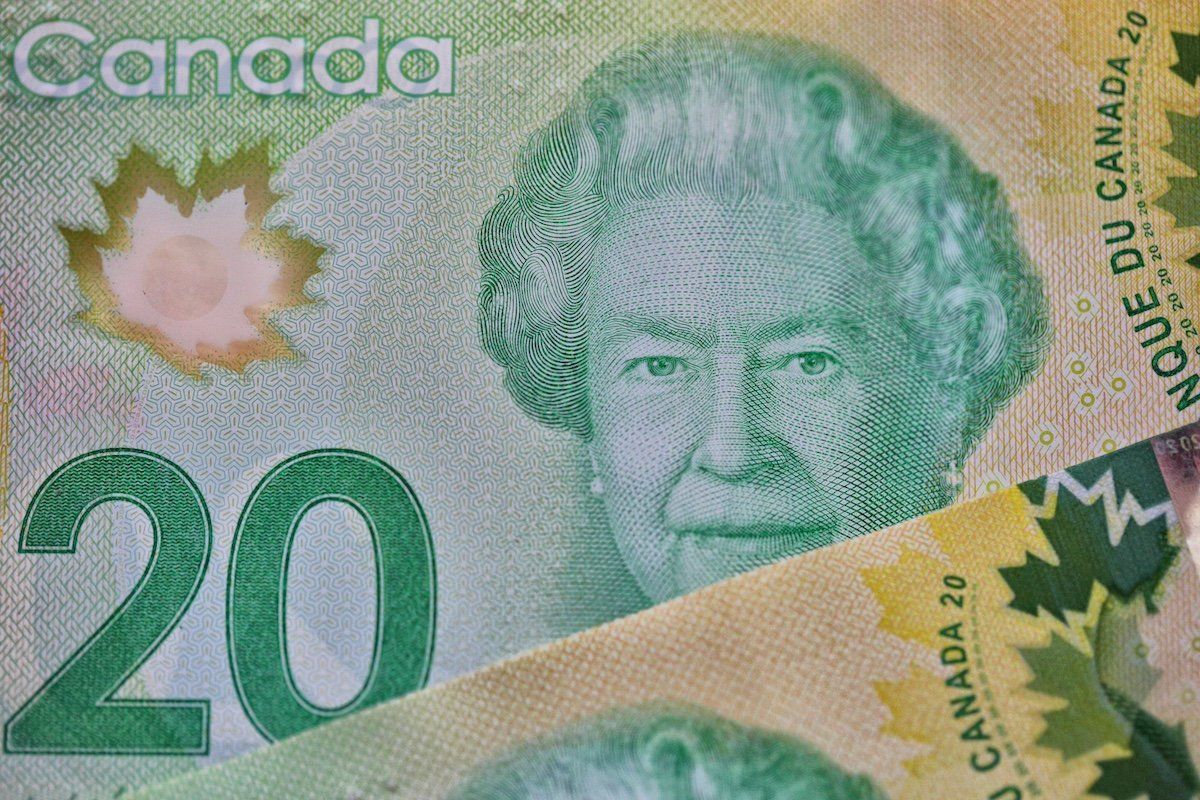Hard Numbers: Inflation goes on “tour,” Canada’s population growth and US homelessness spike, McGill ponies up to keep non-Quebecers on campus, Ottawa lawmakers seek ban on pension investments in China
3.1: Annual inflation in Canada held steady at 3.1% in November, higher than analysts expected, largely due to surging travel tour prices. Inflation has fallen by half since its peak a year ago but remains stubbornly above the central bank’s target of 2%. The regulator is still expected to start cutting rates again in 2024.
3,000: McGill will offer CA$3,000 scholarships to out-of-province students starting to counteract a new move by the Quebec government that raises tuition for non-Quebecois students (from CA$9,000 to CA$12,000). The government says raising prices for students from elsewhere in Canada will help to preserve Quebec’s French language and culture. But McGill says it will undermine the diversity of the student body and that it’s willing to take a financial hit to keep attracting smart kids from the whole country.
430,000: Canada’s population expanded by 430,000 people in the third quarter of this year, marking its fastest growth rate since 1957, and rising immigration had already put 2023 on track for an annual population growth record. The influx has helped to maintain economic growth and expand the workforce as Canada’s population ages, but it has also exacerbated the nationwide housing shortage.
12: Speaking of housing shortages, the US homeless population rose 12% between 2022 and 2023. The data, gathered during a single night of surveys done in January of each year, showed that more than 650,000 Americans were without housing in 2023, the highest number since the study began 15 years ago. Experts say rising rents and the expiration of pandemic-related stimulus measures are partly to blame.
16.1: A group of Canadian lawmakers is pressing the government to stop Canada’s public pension fund from investing in Chinese companies accused of human rights abuses. While the Canada Pension Plan Investment Board does not invest in any such companies directly, in 2023 the fund had CA$16.1 billion worth of exposure to a leading emerging markets index fund that includes Chinese firms accused of using forced labor among the Uyghur population in Xinjiang.